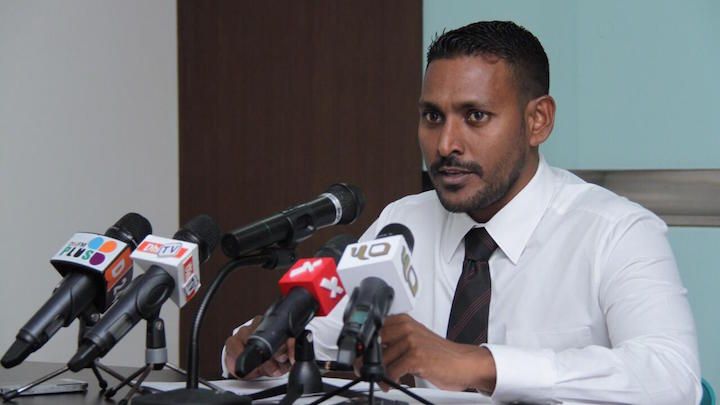Adeeb’s lawyer refused response on Supreme Court-ordered criminal inquiry
The Department of Judicial Administration has refused to answer a letter by detained Vice President Ahmed Adeeb’s lawyer asking for specifics of a Supreme Court ordered criminal inquiry against him.

16 Apr 2016, 09:00
The Department of Judicial Administration has refused to answer a letter by detained Vice President Ahmed Adeeb’s lawyer asking for specifics of a Supreme Court-ordered criminal inquiry against him.
Hussain Shameem, a former deputy prosecutor general, told The Maldives Independent that a letter he wrote to Chief Justice Abdulla Saeed was returned without reply.
“They gave no reason was given as to why my letter was returned. I cannot think of any other explanation but that the Supreme Court’s logic is too superior for us to understand or that it is decades ahead of us,” Shameem, who now resides in Sri Lanka, said.
“Maybe that is the reason why I am finding this unconventional move so confusing and absurd.”
Become a member
Get full access to our archive and personalise your experience.
Already a member?
Discussion
No comments yet. Be the first to share your thoughts!
No comments yet. Be the first to join the conversation!
Join the Conversation
Sign in to share your thoughts under an alias and take part in the discussion. Independent journalism thrives on open, respectful debate — your voice matters.




